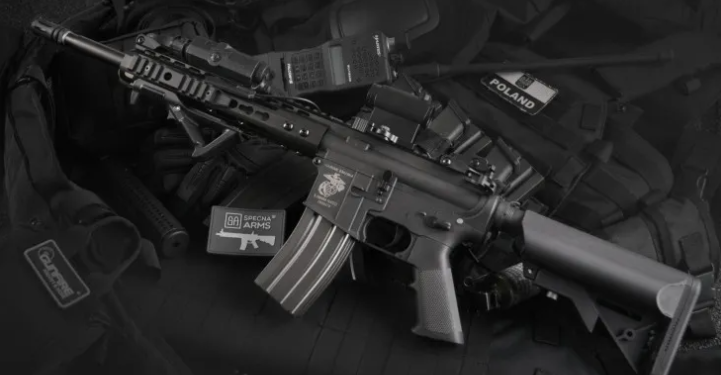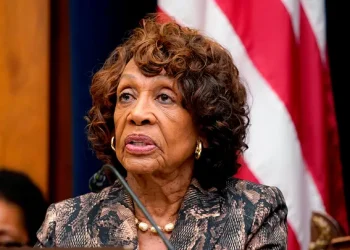Recent months have seen a significant decline in firearm seizures along the U.S.-Mexico border, reflecting intensified cooperation and enforcement efforts by both countries.
Since the start of fiscal year 2025 on October 1, U.S. Customs and Border Protection ( (CBP) agents have confiscated 437 firearms destined for Mexico—a nearly 61% decrease compared to 1,110 seizures during the same period in fiscal year 2024.
Most firearms are seized in Texas, where cartel and arms trafficking activity is concentrated. The Laredo Field Office alone confiscated 339 guns, rifles, and explosives since October. By contrast, Tucson agents seized 82 firearms, and San Diego authorities recovered five.
Many guns crossing into Mexico are bought in the U.S. by straw purchasers and then smuggled across the border to criminal groups. About 62% of confiscated firearms are handguns, with the remainder including 161 larger firearms.
The reduction in seizures coincides with efforts by Mexican President Claudia Sheinbaum and former U.S. President Donald Trump, who has used tariffs and diplomatic pressure to curb arms trafficking.
Mexico’s Security Minister Omar García Harfuch credited the joint task force Operación Frontera Norte for recent border security improvements. From February to May, Mexican authorities arrested over 3,000 suspects, seized 2,000+ firearms, and confiscated 30 tons of drugs. Approximately 75% of recovered weapons were made in the U.S.
The U.S. Bureau of Alcohol, Tobacco, Firearms and Explosives (ATF) confirmed Mexico’s requests to trace weapons linked to organized crime since 2019.
Tensions remain high amid ongoing legal actions. President Sheinbaum has threatened further lawsuits against U.S. gun manufacturers if drug cartels are labeled foreign terrorist organizations—a designation implemented under Trump earlier this year.
Previously, Mexico filed a $10 billion lawsuit against six U.S. gunmakers, alleging they fueled cartel violence. The case was dismissed by a U.S. federal judge in August 2023 due to jurisdiction issues but criticism from Sheinbaum persists.








